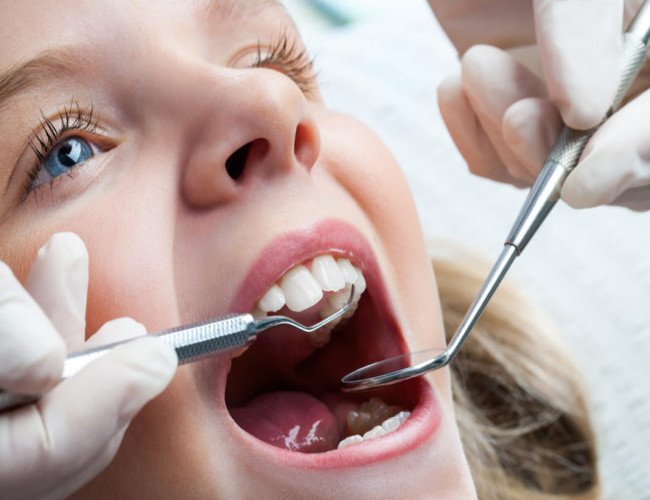How to Tell if Your Child Needs Braces
Orthodontic problems are either hereditary or can develop over time. Problems passed down from parents can include issues with jaw structure, crooked teeth, and overcrowded teeth. Other orthodontic problems can be attributed to a child’s habits such as pacifier use, thumb sucking and mouth breathing. These usually lead to issues of spacing and bite.
Signs Your Child Might Need Braces
- Trouble biting together
- Misaligned teeth that are overcrowded or misplaced
- Overbite (upper teeth overlap lower teeth)
- Underbite (lower teeth protrude beyond upper teeth)
- Crossbite (upper teeth sit inside bottom teeth)
- Open bite (upper teeth and lower teeth slant outward and do not touch)
- Mouth breathing and/or snoring



